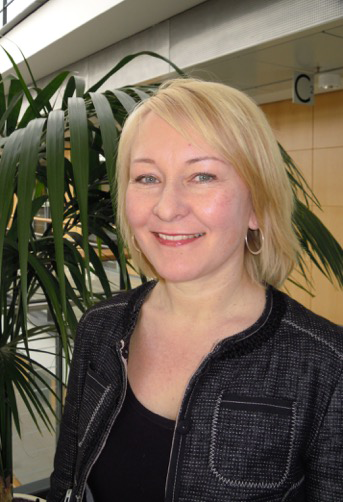Summary of lecture:
Mitochondrial dysfunction underlies a plethora of different disorders, ranging from severe children’s brain, heart or muscle disorders and epilepsy syndromes to adult-onset neurodegeneration. The mechanisms underlying the tissue-specificity of energy metabolic disorders has remained poorly understood. We show that different types of energy-metabolic defects elicit a variety of stress responses, which redirect cellular anabolic and signaling pathways. For example, recent evidence indicates that mitochondrial DNA maintenance deficit modifies cytoplasmic dNTP metabolism, methylation and glutathione synthesis, and challenges somatic stem cell maintenance. These mechanisms are discussed in the context of mitochondrial disease models and human patients, as well as the potential of the mechanisms as targets for diagnosis and therapy.
Author biography: 
Anu Suomalainen, MD PhD, is Sigrid Jusélius Professor of Molecular Medicine in University of Helsinki and the director of Molecular Neurology Research Program of Biomedicum-Helsinki Research Institute. She trained in University of Helsinki, as well as in Columbia University, NYC, and McGill University, Montreal. Recently she served as a visiting professor in University of California Berkeley. Her research group belongs to FinMIT Centre of Excellence of the Academy of Finland. Her research combines basic biological approaches to clarify molecular pathogenesis of disease. Her scientific mission is to develop cure for progressive, currently untreatable mitochondrial disorders of brain and muscle. To reach this goal her group has generated a wide selection of disease models, both model organisms and human materials, and utilize these to clarify molecular pathogenesis.Their recent data show that primary mitochondrial dysfunction modifies major biosynthetic pathways in the cytoplasm and affect cell differentiation pathways and genome maintenance in cell-autonomous and non-autonomous manners. The pathways have relevance for neurodegenerative disorders and offer variable targets for intervention.
